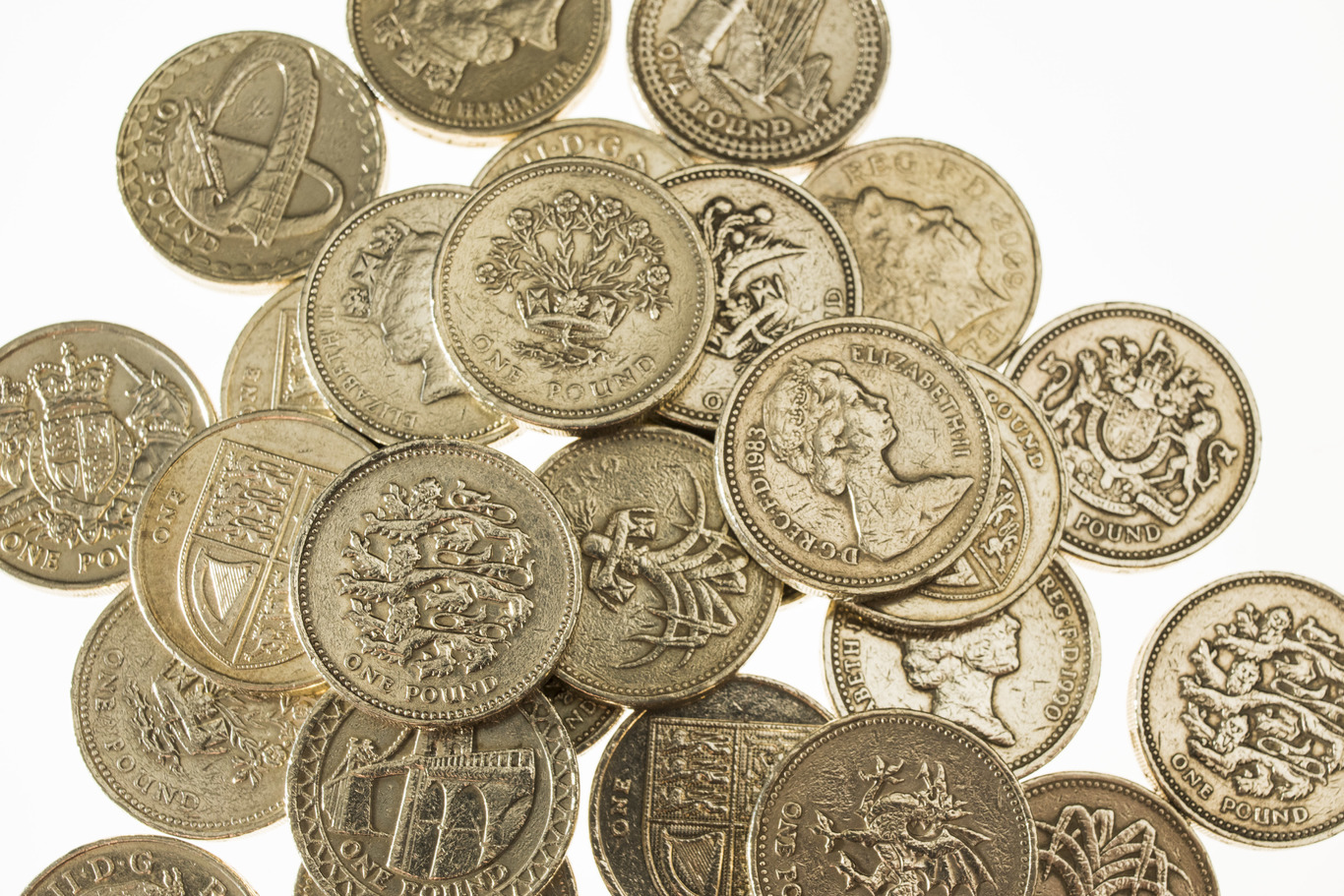Irish exporters are facing a 'severe threat' as sterling slumps
Some businesses could already be suffering as the pound’s value drops on no-deal fears.
AS THE STERLING hit a 28-month low against the euro, Irish exporters to the UK are facing a “severe threat” from the pound’s slump.
Increased fears of a no-deal Brexit since UK Prime Minister Boris Johnson took charge has caused the pound to edge closer to 92 pence against the euro.
The lowest point for the currency during the Brexit negotiations so far was in August 2017, when it reached 93p against the euro.
The Irish Exporters Association (IEA) said it is deeply concerned about the effect that the adverse movement in the Euro-Sterling exchange rate may have on Irish businesses exporting to the UK.
“We note with deep concern the trajectory in the Euro-Sterling exchange rate over the past 36 hours. The profitability of Irish companies exporting to the UK is heavily dependent on the exchange rate – particularly at these levels,” Simon McKeever, the chief executive of the IEA, said.
The industry body said that Irish exporters trading with the UK should assess their exposure to the exchange rate “without delay” and if necessary, consult with their financial partners on the appropriate steps to mitigate their risks.
“This recent sharp adverse movement, caused by the increased likelihood of a no-deal Brexit, is a serious threat to many Irish exporters if not sufficiently recognised, managed and mitigated,” McKeever added.
A Goodbody analyst told investors this morning that the low might be beaten in the next week or so with a low slowdown of market activity and news for August.
Dermot O’Leary said Irish businesses exporting to the UK will already be “suffering” from a decline in sterling, in particular the agri-sector.
A lower sterling to euro conversion rate means exporters won’t receive as much for their goods, with many contracts between supplier and buyer negotiated in sterling rather than euro.
O’Leary said the rhetoric of the new government “represent a significant change in approach to dealing with the EU and contemplating a no-deal Brexit.”
The comment that spooked traders the most over the past 24 hours, came from Johnson’s spokesperson, who said he was “unwilling to speak to the EU until its position on the backstop changed,” according to O’ Leary.
Meanwhile Investec told investors that weekend news reports of no deal preparations and warnings weighed “heavily” on investors, causing the sterling to slide.
Irish businesses, last week, voiced their concerns, over Johnson’s appointment as the UK leader, with chair of the Drinks Industry Group of Ireland, Roesmary Garth telling Fora a new-deal had become very real.
Get our Daily Briefing with the morning’s most important headlines for innovative Irish businesses.






